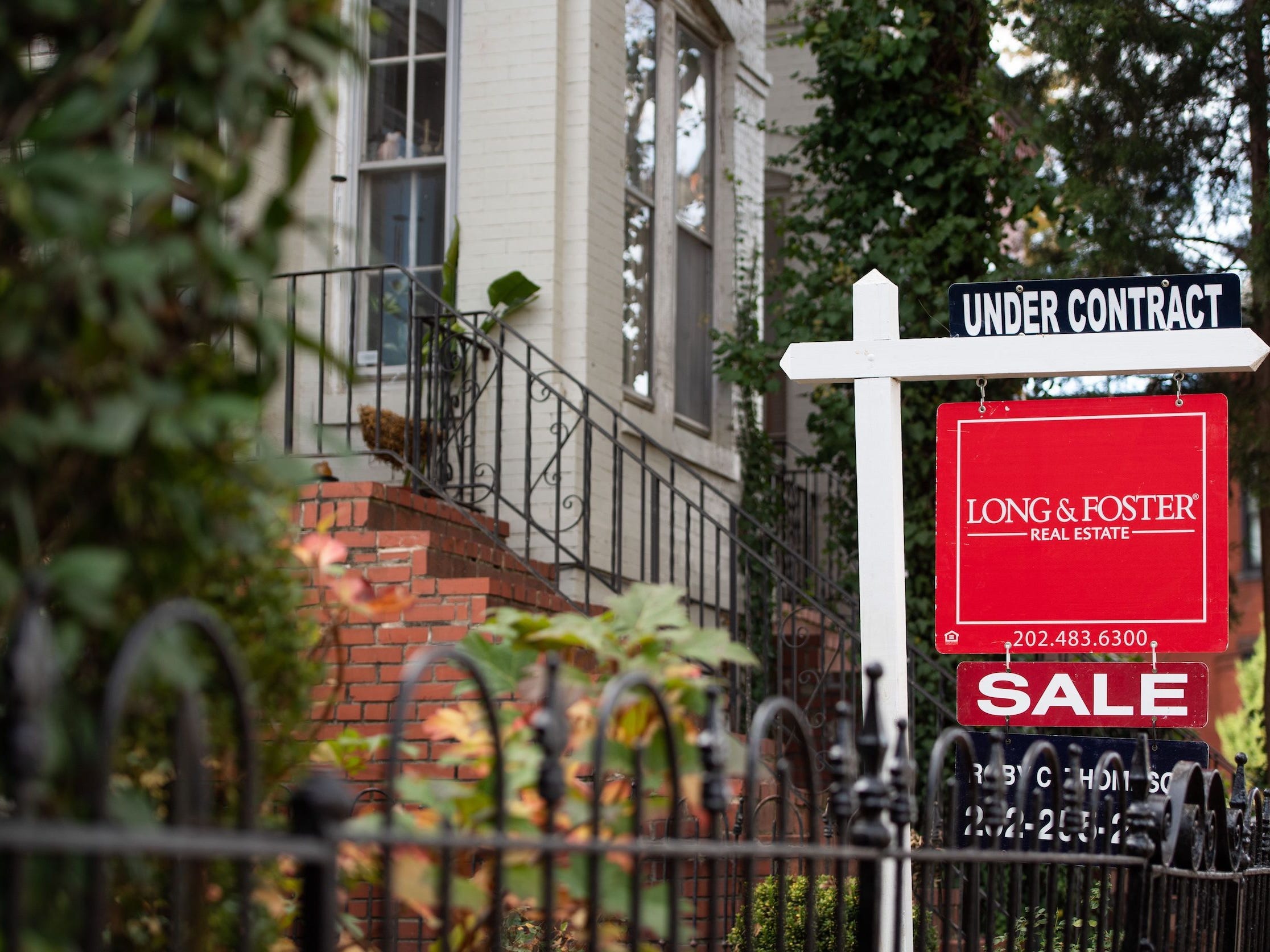
Saul Loeb/AFP/Getty Images
- The US housing market is short 3.8 million homes, according to new data from Freddie Mac.
- Home prices in the US are skyrocketing due to the supply crunch.
- The pandemic has made it even more difficult for home builders to meet consumer demand.
- See more stories on Insider's business page.
The US housing market does not have enough homes to meet current demand – and is short by 3.8 million, according to a new report from mortgage giant Freddie Mac.
The supply crunch increased 52% between 2018 and the end of 2020, helping to drive up the price of homes in the US, according to the report, which was released Thursday.
Rock-bottom mortgage interest rates have only made the problem worse. In March, The Wall Street Journal reported, home prices in the nation were rising at the fastest pace in 15 years. The pandemic, which fueled new demand for spacious homes with work-from-home friendly amenities, didn't help either.
The shortage has mostly hurt first-time homebuyers
Over the past 40 years, the construction of entry-level homes has declined more than 84%, according to data from Freddie Mac.
In the 1970s, about 418,000 entry-level homes were built every year. In contrast, only 65,000 entry-level homes were constructed last year – a number that pitted about 2.4 million first-time homebuyers against each other in a race to find affordable homes.
Lingering effects from the 2008 financial crisis, when many construction companies went out of business amid a downturn in consumer spending, contributed to the shortage as well. While builders have started to increase production output in the past year - up 18% from 2019 - lumber and labor shortages have made home construction even more expensive.
In the past year alone, the median cost of a home in the US shot up 15% from $300,000 in 2019 to $340,000 by the end of 2020, according to data from the National Association of Realtors. That measure does not even begin to account for hot housing markets like Austin, Texas, where the average home went for over $800,000 in March.
Pandemic-fueled shortages in the US are helping drive the prices up. A global lumber shortage caused by lower production levels in 2019 and severe storms, as well as shipping delays, has made it even more difficult to construct new homes. On Tuesday, lumber prices hit an all-time high after climbing over 250% in the past year alone.
Freddie Mac said it anticipates the housing crisis will only get worse after the pandemic ends.
"As we navigate our way through the year and get beyond the pandemic, we expect the housing supply shortage to continue to be one of the largest obstacles to inclusive economic growth in the U.S.," its report said. "Simply put, we must build more single-family entry-level housing to address this shortage, which has strong implications for the wealth, health and stability of American communities."
